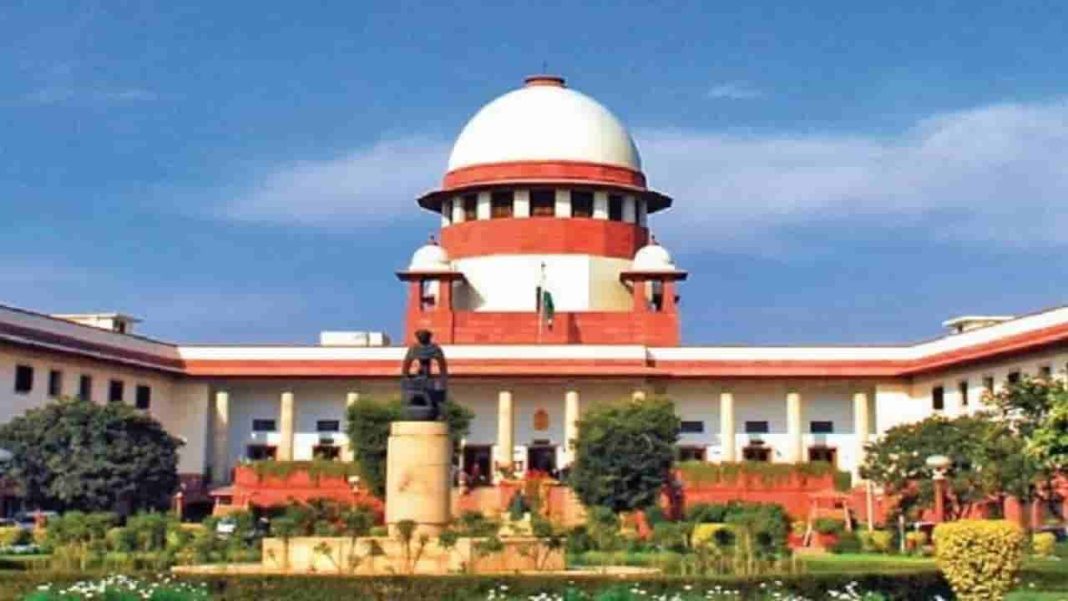The Supreme Court has ordered issuance of circulars, notifications and instructions for ensuring that the police authorities and criminal courts should strictly adhere to the guidelines on arrest, as laid down in the 2014 Arnesh Kumar case.
During the 2014, Arnesh Kumar case, the top Court had taken a note of the misuse of Section 498A (cruelty to woman) of the Indian Penal Code, especially in connection with dowry demands.
The Court keeping in view the misues of the law had issued guidelines to ensure that arrests are to be avoided unless necessary.
An order has been passed by a division bench comprising of Justice S Ravindra Bhat and Justice Aravind Kumar to frame the directions issued in the Arnesh Kumar case in the form of notifications and guidelines to be followed by Sessions Courts and other criminal courts.
Also, the Directors General of Police in all States were directed to ensure strict compliance with such guidelines.
The issue of such directives, guidelines and departmental circulars are to be issued within eight weeks, the Court added.
Also the bench added that the concerned authorities are to file an affidavit of compliance before the Supreme Court in ten weeks’ time.
Directions were issued by the bank while granting bail to a man accused of various offences in a matrimonial dispute, including dowry harassment, cruelty and criminal intimidation.
The bench found that the High Court, in this case, had mechanically rejected an anticipatory bail plea moved by the accused and, instead, ordered the accused to surrender before the trial court and seek regular bail.
The accused moved an appeal before the Supreme Court, after which the court reiterated that bail should ordinarily be granted, considering an individual’s right to personal liberty under Article 21 of the Constitution.
The bench acknowledged that in serious cases, the Court should use its discretion to grant or reject bail depending on the gravity of the alleged offence, the ability of the accused to influence the investigation, the likelihood of the accused absconding etc.
The Court found that the accused had cooperated with the investigation and that were no startling features or elements to disentitle the accused from being granted pre-arrest bail.
The Supreme Court further opined that since the chargesheet was also filed, the High Court ought to have granted bail as a matter of course.
The Supreme Court said that the court did not do so but mechanically rejected and, virtually, to rub salt in the wound directed the appellant to surrender and seek regular bail before the Trial Court. Therefore, in the opinion of this court, the High Court fell into error in adopting such a casual approach.
Therefore, the bench set aside the order of the High Court and allowed the bail plea.


